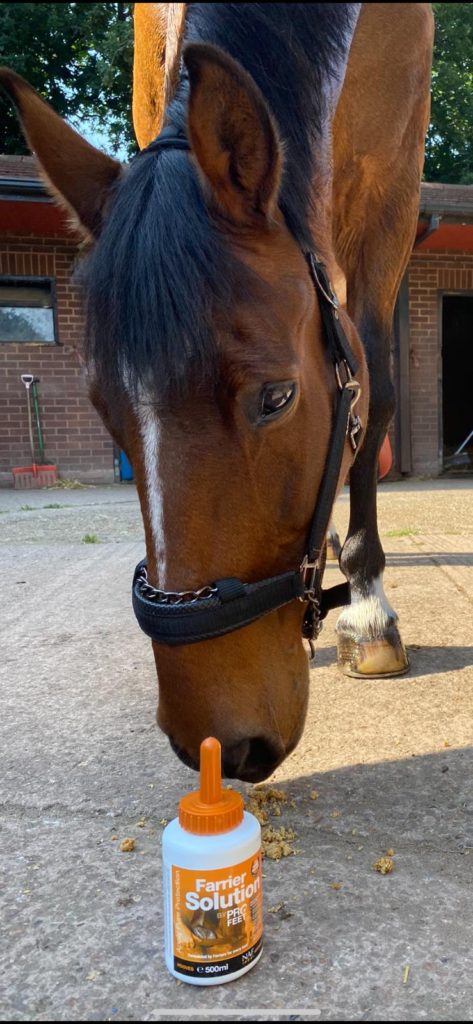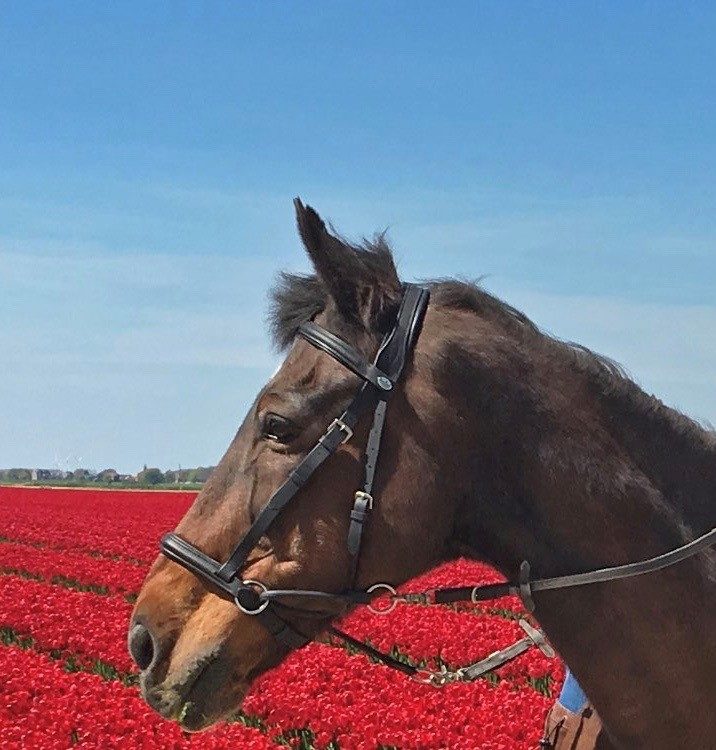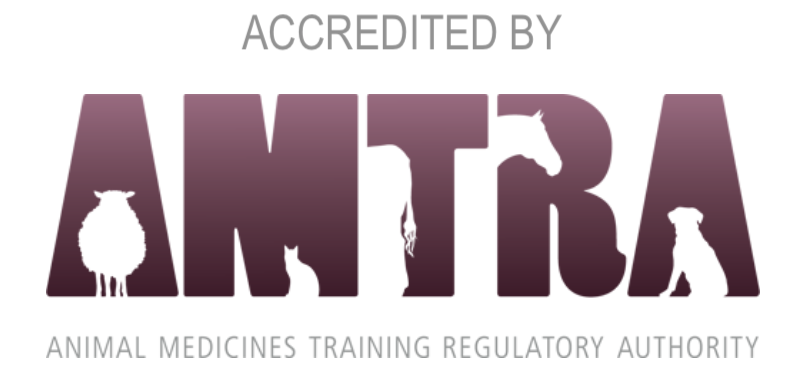Two remarkable horses are thriving on these products at 37 and 40 years old.
Two senior horses are living proof that age is no barrier to leading a contented life.
And their owners have credited NAF supplements and care products for playing such an important part in their care.
Gorgeous Mr Bowjangles, known as Jack to his friends, is pictured examining his favourite new NAF product - Farrier Solution by PROFEET, which is applied daily to his hooves.
Jack's age is a bit of a mystery, although owner Justine York has evidence that he is over 40. “Jack continues to live a happy life thanks to NAF supplements, including Superflex Senior,” she says.
Then there’s the amazing Albert who’s 37 and the picture of health. Albert’s owner Pricilla contacted NAF to say: “We go for a ride every now and then. My horse is living proof of the quality of life your products help provide.”
ETN asked Kate Hore, senior nutritionist at NAF, to explain more about caring for senior horses like Albert (37) and Jack (40+).

Without doubt, the equine population in the western world is ageing. Surveys within the UK find about 30% of horses to be over 15 years old, with 11% being between 20 and 30 years, and 2% over thirty years of age.
However, that doesn’t mean we’re growing a population of equine retirees – far from it!
As improvements in equine health continue, we find that horses maintain fitness through their teens and well into their twenties. Research in 2001 showed that while older horses tend to take it a little easier, the majority are still enjoying their work, with many actively competing into their late teens and beyond.
We all know and have loved an older horse at some stage of our horsey lives. These lovely boys’ owners put their health, incredible age and condition down to good management and feeding them NAF for the majority of their lives.
Feeding the veteran
It’s traditionally thought that older horses will suffer with reduced absorption and digestibility of the diet, and so struggle to maintain condition. Therefore, their diet needs to be changed accordingly, away from what you’ve always fed.
However, that thinking is now a little out of date, as it refers to horses born in the 1960s and 70s who had not had the advantage of modern diets and wormers throughout their lives.
Today we find that ageing itself does not significantly affect digestive efficiency in horses until horses become decidedly geriatric, and not just older. In fact, just as with younger horses, a high Body Condition Score (BCS) should be avoided as it may exacerbate health concerns (see Keeping sound, below).
The advice to owners of older horses, therefore, should be to regularly review BCS and diet as the horse ages; but so long as the horse is maintaining condition and working well, then no radical changes are required.

For those horses who do need a little help, ensure the diet stays fibre based but consider short chop fibres or cubed hays which are more easily digested, especially when soaked. And look at how their existing diet can be fine-tuned to make sure they’re metabolising it to maximum efficiency, covering all they need for old age performance.
For performance veterans, the addition of oil to a fibre diet provides an ideal form of energy. Easily metabolised by the horse and non-heating, oils - such as linseed or soya -are a useful energy source. Just remember if feeding at significant levels for energy, the high oil diet should be balanced with supplementary vitamin E.
Gut health
One area where it is worth considering supplementary support is in gut health.
Gastrointestinal conditions, such as colic, are a major concern in older equines. Research has found colic to be second only to musculoskeletal issues for reasons for mortality in older horses.
It is recommended to balance the diet with a concentrated balancer, providing live probiotic yeasts and prebiotics, to support a healthy microbiota (microbes including yeasts, fungi, bacteria) of the hind gut.
Concentrated balancers are formulated to include the essential micronutrients, such as vitamins, minerals and trace elements, to balance the fibre-based diet.
Keeping sound
Musculoskeletal conditions, particularly lameness and osteoarthritis, are consistently found to be the biggest concern in older horses. Of course, the joints of performance horses undergo stress as part of normal work, but that is not the whole issue.
It is thought that horses, like humans, show evidence of ‘inflamm-ageing’, a raised pro-inflammatory state within their bodies, making aches and pains far more likely. As obesity also increases circulating inflammation, this is a principle reason why all horses, including older horses, should be kept ‘fit not fat.’
To maintain joint health in older horses, it is recommended to feed a good quality joint supplement that specifically targets older joints or joints that have a few more miles on the clock.
Conclusion
By keeping horses fit and active, monitoring body condition and ensuring gut and joint health are supported, there is no reason why the competing life of performance horses can’t extend well into their twenties and beyond.
- The August issue of ETN includes an AMTRA accredited CPD feature and quiz all about caring for and feeding veteran horses. Click here to complete online
- Part two follows in the September issue. These features are designed to help Registered Animal Medicines Advisors (RAMAs) maintain their qualifications. They’re also useful for anyone who wants to improve their knowledge. ETN’s CPD features and quizzes also appear online at www.equestriantradenews.com

















